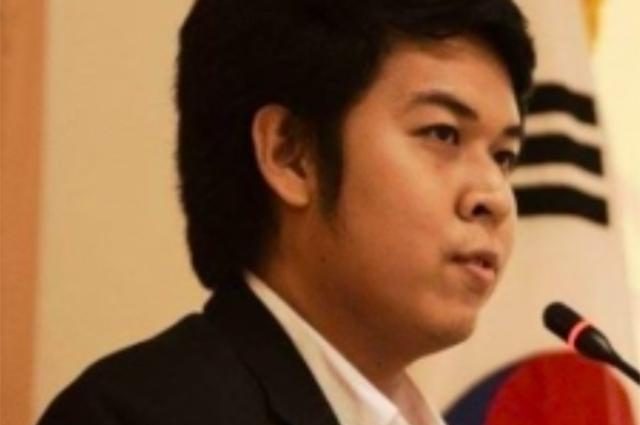Experts urge focus on Thailand’s ‘creative economy’

The government should reconsider whether its current path towards promoting soft power to strengthen the economy is on the right track, a recent seminar was told.
The Srettha Thavisin government is promoting “soft power” to spur the economy.
Seksan Anantasirikiat, advertising director at the Korean Association of Thai Studies (KATS) said the term “soft power” is problematic at the practical level. He added that actually, what Thailand is trying to promote is its “creative economy”.
“I think it would be better to use the term creative economy instead of soft power as this makes things much clearer.
“So, the government might want to rebrand its strategy and consider national values in light of Thai people, businesses, and cultural products,” he said.
Paetongtarn “Ung-Ing” Shinawatra has been appointed deputy chairwoman of the National Soft Power Strategy Committee to carry out projects under the government’s soft power vision. Mr Srettha is the chairman.
Mr Seksan was speaking at a seminar that discussed Korea’s experiences in promoting soft power and areas for potential cooperation on soft power between the Korean Creative Content Agency (KOCCA) and the Thailand Creative Content Agency (THACCA).
The seminar was organised by the South Korean Embassy.
Mr Seksan said Korea’s successes in promoting soft power was due to a knowledge of its target audiences and also knowing which platforms suited which audiences the most.
“The audience is the most important thing to consider in promoting soft power, and this should be the starting point,” he said.
Power must be separated from popularity because the word power itself has a distinctive meaning while popularity relates to preferences and respect for certain things.
He said Korean cultural products such as films and games emerged when the Hong Kong and Japanese media had strong influences in the late 90s to the early 2000s, and Korean films like Daejangguem and the game Ragnarok Online were popular choices among Thai audiences.
The Korean government allowed the private sector to take the lead but provided financial support. KOCCA was one of the main agencies that helped Korean soft power prosper.
He said the government must develop its “creative economy” and also support the private sector.
Korea, he added, has three main things it wants to promote in its public diplomacy: culture, knowledge promoting the wisdom of the country and making people eager to know more, and policies that match a changing world.

Seksan: Term soft power ‘problematic’
Learning from S Korea
He suggested a Thailand-ROK (Republic of Korea) cooperation initiative for the creative economy, in a similar fashion to the movie Medium that Thai and Korean directors worked on.
He said such collaboration would help strengthen Thailand’s creative economy by allowing it to learn from ROK.
If possible, he suggested establi- shing a broader Asean-ROK centre as this would help develop the creative economy into a new regional growth engine.
Saowaruj Rattanakhamfu, Research Director for Innovation Policy for Sustainable Development at the Thailand Development Research Institute (TDRI) said Thailand’s soft power evolution has centred on culture and heritage as its cornerstones.
If Thailand wants to attain the status as a soft power superpower, it must expand the focus to include other factors such as science, international relations, governance, business and trade, people and values, education, and media and communication, she said.
“Promoting Thailand’s creative economy should not be confined to a rigid notion of traditional culture and heritage. It should adapt these elements in new and modern ways and establish stronger links with the regional and global market,” she added.
She said this process should link with technology. “Fostering creativity within our workforce and equipping them well with technology is key,” she said.

Saowaruj: Go beyond culture, heritage

